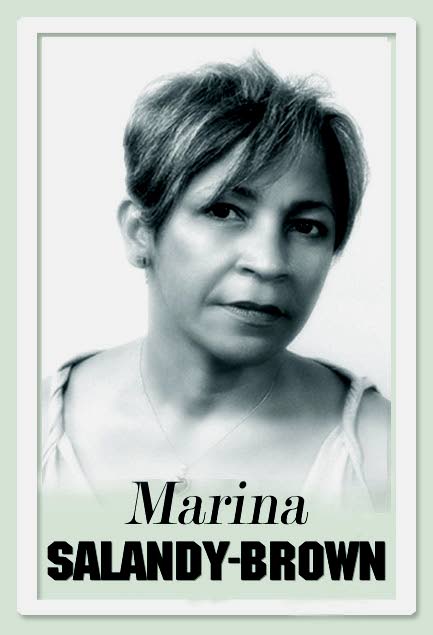Social media and the US elections

The results of the US elections are not clear enough for the incumbent president to concede victory. So it is a stalemate in the great western democracy which, if it did not have well established systems, could easily decline into the same sort of s---hole country President Trump has tweeted about so disparagingly.
The big media companies have been churning out endless hours of commentary on this embarrassing scenario, days after they had called the election result in favor of now president-elect Joe Biden.
I saw one panel discussion, which included a former Australian prime minister, chewing over the role of Australian media mogul Rupert Murdoch’s empire in delivering votes for Trump. None of the panellists addressed the significant role of social media in Trump receiving nearly half the ballots cast by a record turnout of voters, but then again none was under 35.
It is a good example of the current reality in which the people with organisational power still do not grasp the enormously deep and far-reaching power of mass media.
Facebook, after 14 years, has billions of users. In the US in 2017, according to FB, 48 per cent of people got their news and current affairs via its social media platform, where news is integrated into the flow of personal and other communications. This means that FB is competing with CBS, CNN, ABC, FOX, NBC and other influential networks, yet it is not subject to the same rules and regulations.
We regard the hi-tech platforms as neutral, but they are not. Twitter took down some Trump tweets during the election campaign, which was an act of editorialising.
We also perceive FB as we do the Internet, as a vehicle for information, as a free public space, but that is a gross misunderstanding of how FB functions. FB’s raison d’etre is advertising, not creating new content, and along with Twitter, Apple, Microsoft, Google and all the other mind-bogglingly rich hi-tech companies, FB is privately owned, all of them operating individual monopolies and geared to making profits.
Regulators are only slowly beginning to understand the power of these companies. As we saw last year, Amazon owner Jeff Bezos appeared before the US House of Representatives only for the first time to address alleged misuse of his monopolistic client information for business advantage.
The 36-year-old FB founder Mark Zuckerberg has also been called in over a raft of accusations but the politicians asked naive questions and were ineffectual interrogators, armed with only a poor grasp of FB’s capabilities and business model – which is to maximise human engagement in content to benefit advertisers.
In the European Union, regulators are way behind as realisation dawned only slowly, but countries are finally becoming eager to get to grips with the runaway social media juggernaut that has become the most ubiquitous cultural and political influencer.
President Trump redefined political and presidential media relations and policy creation through his use of Twitter. Importantly, he collected his vast army of misinformed warriors online and then successfully deployed them during the electoral battle.
Spreading lies and half-truths also worked a treat in the previous US presidential elections, when the totally fabricated #pizzagate scandal took down Hillary Clinton.
Over the last few months the Trump campaign used social media to sow the seed of mistrust in the electoral system, culminating in the present impasse that threatens to intensify social, racial and political divisions in the US.
Discord and scandal are, in fact, central to the FB business model. Polarising opinion and agitating discord are great for engaging people in content, so the platform’s algorithms encourage it. An article in the Washington Post recently cited the peer-reviewed research done by two US information technology professors which highlights how partisan content attracts more likes, comments and shares that lead the algorithms to push polarising, partisan content into people’s FB feeds.
It reveals that the more one reads FB news, the more polarised one’s online news consumption becomes. Interestingly, researchers also found that FB usage is five times more polarising for conservatives than for liberals. They put it down to FB’s algorithmic choices to gain user attention and keep them on the platform. FB’s own internal research showed three years ago that its algorithms were dividing people, causing hyper-angry responses.
Zuckerberg claims FB cannot help it, but it can. The research quotes another company, Reddit, which uses algorithms that produce the opposite effect by ranking news content differently.
The body of evidence about this undetected weapon of mass destruction is growing and if the US is going to mend itself, it must understand that reason is a weak response to the politicisation of social media.
President-elect Biden must elevate regulation of the new media companies to the top of his agenda and FB must be brought to heel. With President Trump threatening to start his own media empire, it would really then be game, set and match to the disrupter if the status quo continues.


Comments
"Social media and the US elections"